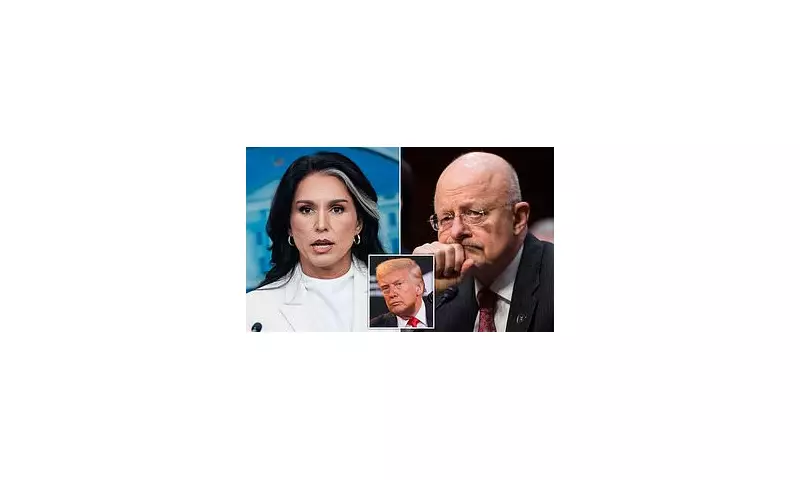
A bombshell report alleging collusion between former President Donald Trump and Russia has been swiftly debunked by high-profile figures, including Barack Obama, James Clapper, and Tulsi Gabbard. The claims, which resurfaced in recent days, were met with immediate pushback from key political and intelligence figures.
Key Players Deny the Claims
Former President Obama and ex-Director of National Intelligence James Clapper were among the first to dismiss the allegations. Both reiterated that no credible evidence supports the idea of direct coordination between Trump’s campaign and Russian operatives during the 2016 election.
Meanwhile, former Democratic congresswoman Tulsi Gabbard also weighed in, calling the report "misleading" and "politically motivated." Her comments added fuel to the ongoing debate over media credibility and partisan narratives.
The Report’s Controversial Origins
The disputed document, which circulated online, appeared to revive long-debunked theories about Trump’s ties to Moscow. Critics argue that such reports distract from more pressing political issues while deepening public distrust in media institutions.
Despite the swift rebuttals, the story gained traction among some circles, highlighting the polarised nature of US politics.
Why This Matters Now
With the 2024 election cycle heating up, unverified claims about foreign interference could further inflame tensions. Experts warn that recycled conspiracy theories risk undermining democratic discourse.
As the dust settles, one thing is clear: the Trump-Russia narrative remains a lightning rod in American politics—even years after the Mueller investigation concluded.





